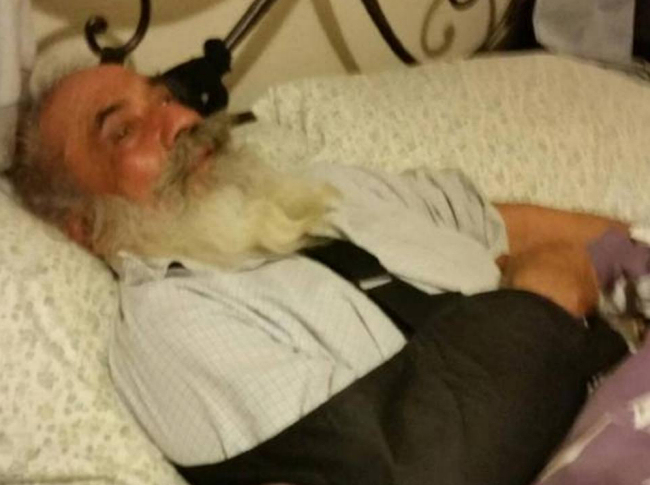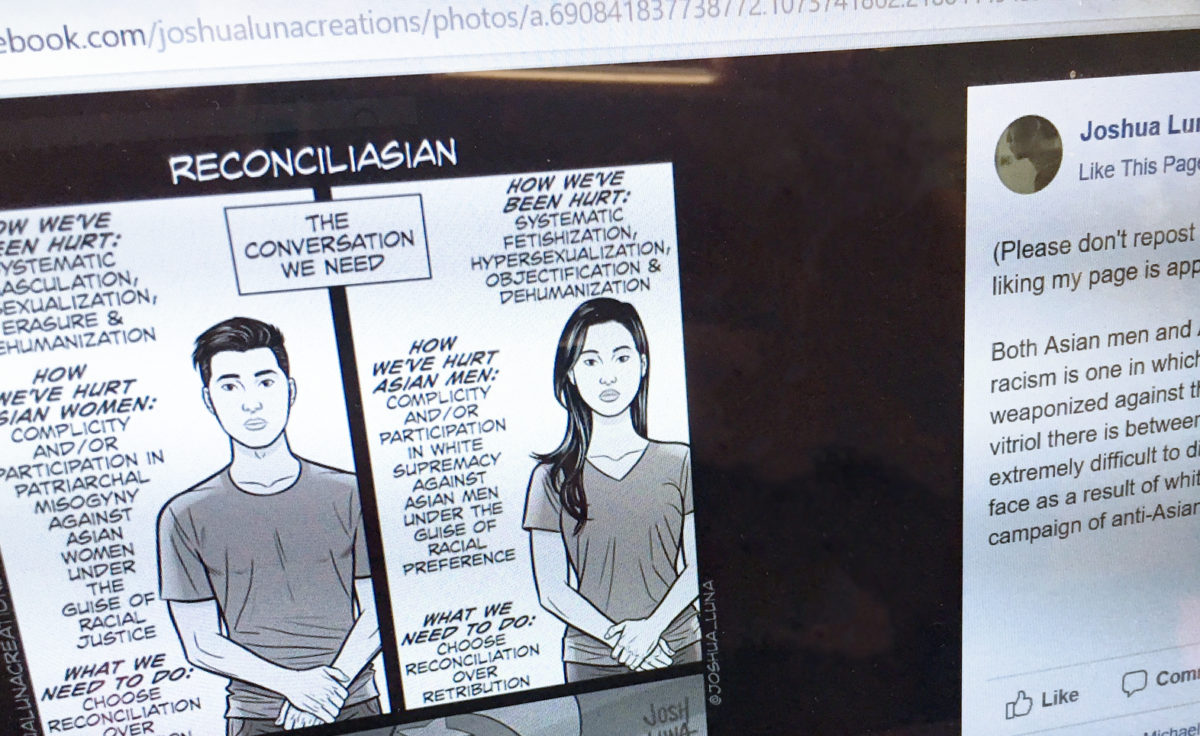
By now, readers of this blog are familiar with America’s rising epidemic of Islamophobic hate crimes, which target both Muslim Americans and those whom racists suspect of being Muslim. Because Sikh American men — typically of Indian descent — often wear visible articles of their faith including a turban and beard, they are part of this latter group vulnerable to Islamophobic violence.
Sadly, such attacks have only become more frequent in number. In September, Inderjit Singh Mukker was brutalized by a Chicago-area teenager who called him slurs during the assault; that attacker later plead guilty to hate crime charges. Several Sikh-owned properties have been vandalized in the last year, including an Orange County gurdwara which was spray-painted with the words “Fuck ISIS”. And, in Fresno, California, the first homicide victim of 2016 was Gurcharan Singh Gill, a 68-year-old Sikh American man found stabbed to death in an auto repair shop in a suspected hate crime.
Gill was the second Sikh American to be the victim of violence in Fresno, California in the last month.
In the middle of December, Amrik Singh Bal — also 68 years old — was standing by the road waiting for a ride to work early in the morning when he was intentionally struck by a car and beaten by two men who hurled epithets at Bal during the attack and shouted, “why are you here?”
Unlike Gill, Bal survived the attack, although the elderly man suffered a broken collar bone, as well as other injuries. Gill’s attackers were described by police as White men between the ages of 20 and 25. One attacker is between 5’10 and 5’11, slim and clean-shaven, wearing a dark-coloured waist-length jacket. The other is described as the same height but heavy-set, possibly with facial hair, and wearing a dark-coloured hoodie. Both escaped the scene of the attack in a dark-coloured car.
The Sikh Coalition, an advocacy group that works in support of Sikh Americans nationwide and which has been tracking incidents of violence targeting this community, has labelled the assault a “clear” hate crime, and police are investigating the it as such. Meanwhile, supporters online have begun tweeting in response to Bal’s attack through the hashtag #WhyWeAreHere.
On the ground, the Fresno-area Sikh American community has also rallied behind Bal. After organizing a townhall on the violence, the community has raised more than $14,000 in donations intended to serve as a reward for any information on Bal’s attack. The community has also begun raising donations for information in the murder of Gurcharan Singh Gill, and have collected $10,000 thus far for any information leading to an arrest in his death.
Anyone with information on either attack is encouraged to contact Fresno police at 559-498-7867. The Sikh Coalition also encourages all Sikh Americans who experience violence or threats of violence to contact law enforcement, as well as the Sikh Coalition at 212-655-3095 or online for legal assistance.
The United States’ Constitution protects the rights of individual citizens to freely practice their religion, because the Founding Fathers of this country recognized that restriction of these rights has historically led to tyranny and oppression. The Islamic Cultural Center of Fresno released a statement of solidarity with the Sikh American community in Bal’s assault that reads in part:
No one should have to fear assault due to the perception of hateful people. We have to remain united against all terror and fanaticism because when one of us is attacked, we are all victims.
Sikh Americans — like Muslim Americans and all other Americans — have the right to practice their faith freely and fearlessly. A bias-related assault on any one member of these religious communities is an attack on all of us. As AAPI committed to social justice, we must not permit hate-motivated violence in our midst to go unchallenged. It is #WhyWeAreHere and why we must never stop being here, standing in solidarity with our South Asian American and Muslim American brothers and sisters in the fight against racist and religious intolerance.

